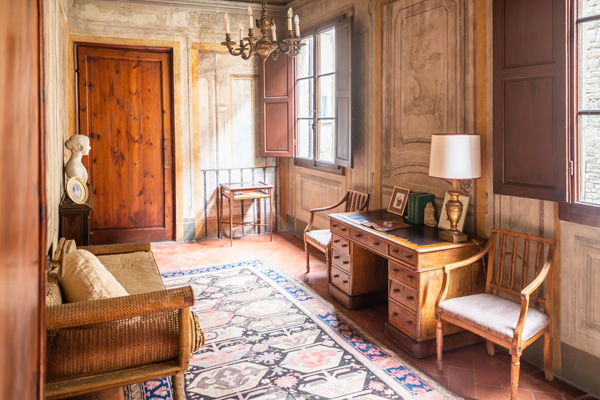Literature and Poetry
Questions
- Should poetry be seen as an active agent of political change? If so, how?
- Would you describe the works of Blagden and Barrett Browning as 'English'?
- How are Italy and Italian politics represented in the works?
- Why has Hamilton King largely been forgotten?
Key Reading
Elizabeth Barrett Browning, Casa Guidi Windows (Another version); Review in Morning Chronicle, 13 September 1851
Isa Blagden, Agnes Tremorne, vol 1 and vol 2; Review in Morning Post, 15 April 1861
Harriet Hamilton King, Aspromonte and Other Poems (Poems for Italy); Review of The Disciples, page 2 17 January 1874
Linda Cordery, 'Beautiful Freedom: Elizabeth Barrett Browning's Casa Guidi Windows' in Alessandro Vescovi, Luisa Villa and Paul Vita, The Victorians and Italy: Literature, Travel, Politics and Art
Alison Chapman, Networking the nation : British and American women's poetry and Italy, 1840-1870
Entries for Barrett Browning and Blagden in Oxford Dictionary of National Biography
Further Reading
Alison Chapman and Jane Stabler (eds), Unfolding the South: Nineteenth-Century British Women Writers and Artists in Italy (Manchester: Manchester University Press, 2003), pp. 110-36
'“In our own blood drenched the pen”: Italy and Sensibility in Elizabeth Barrett Browning's last poems (1862)', Women's Writing, 10 (2003)
Maura O’Connor, The Romance of Italy and the English Imagination (Basingstoke: Macmillan, 1998)
Linda Hughes, The Cambridge Companion to Victorian Women's Poetry
Leaving home: George Eliot and Romola', Women's Writing, 10 (2003)
Sarah Richardson, The Political Worlds of Women: Gender and Political Culture in Nineteenth-Century Britain

Casa Guidi, Florence
